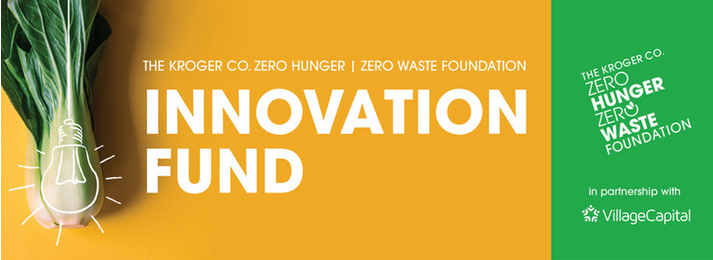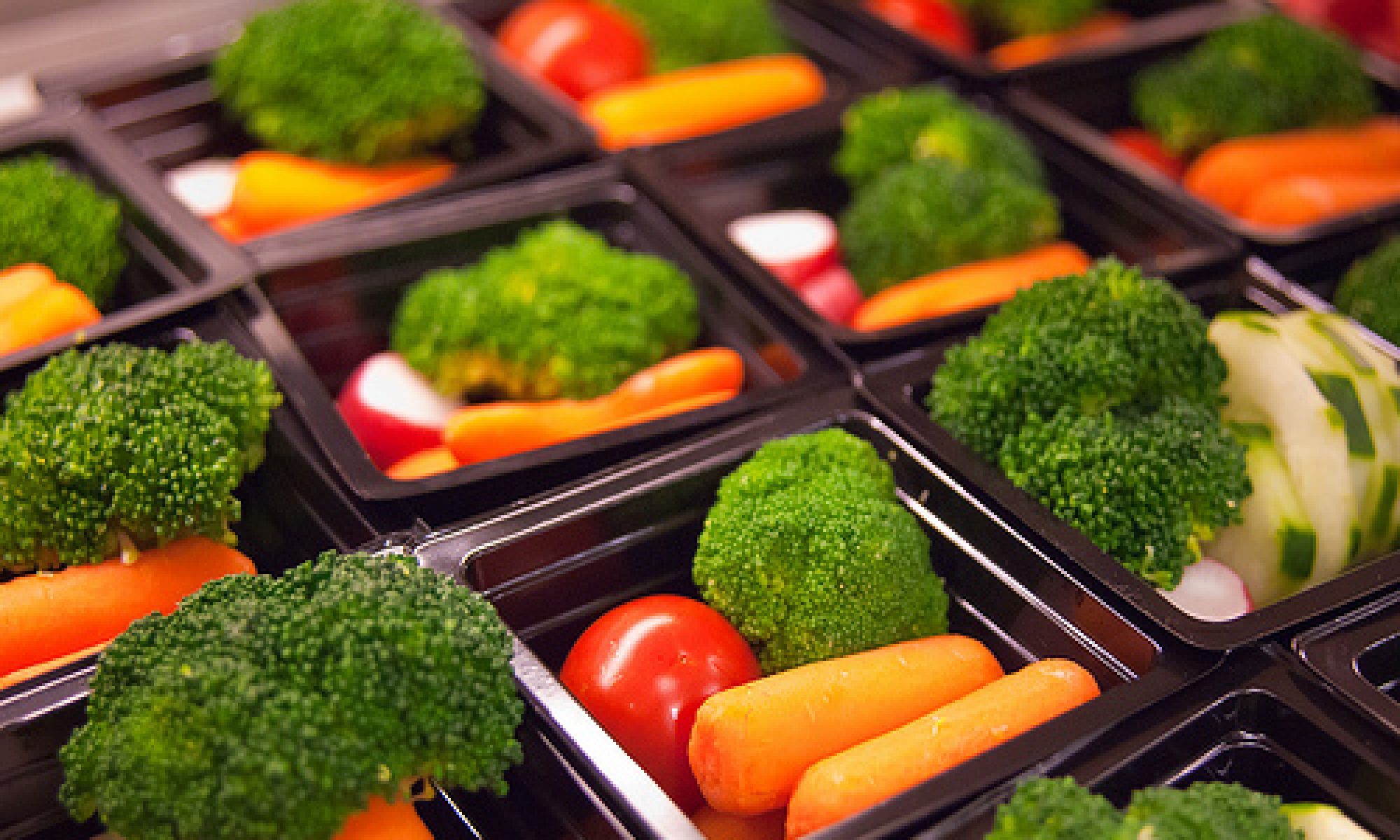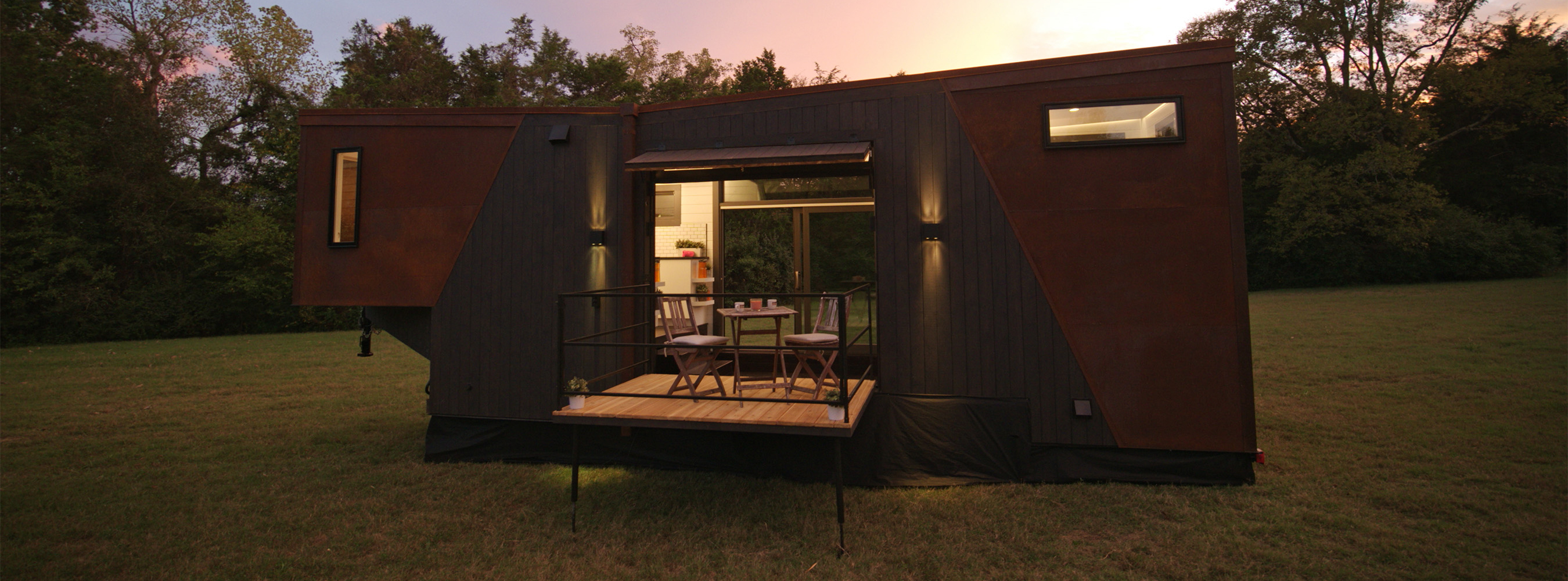
The Kroger Co. Zero Hunger | Zero Waste Foundation has announced the 2021 call for applications for its Innovation Fund:
“We encourage applications from innovators building high-growth, scalable solutions focused on the following challenge:
We seek to reshape the food system by supporting innovators who are elevating food to its highest use and disrupting the linear supply chain. This could include solutions such as imperfect produce lines, upcycled foods & meal kits, upcycled commercial ingredients and more.”
From applications received, 10 startups will be chosen as the 2021 cohort. Each cohort startup will receive $100,000 in seed funding with an additional $100,000 of grant funding available to each cohort startup based on their achievement of identified milestones. Cohort startups will receive 30+ hours of virtual technical and business mentorship, and at the end of the six-month milestone development period, two of the startups will be selected by their peers for the opportunity to receive impact investments of $250,000.
Applications are due April 1. See https://zerohungerzerowastefoundation.org/application_process.html for complete details and to apply.
Learn More
The Kroger Co. Zero Hunger, Zero Waste Foundation Announces Open Call

